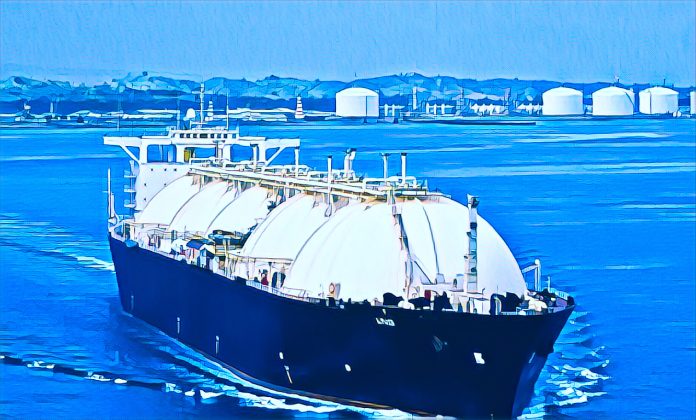KEY POINTS
- Nigerian people acquire 25 million litres of petrol through imports every day while domestic refinery operations produce the remaining amounts.
- After deregulation of the fuel market petrol consumption decreased by 16 million litres to settle at 50 million litres daily.
- Beginning in March 2025 the government will ban 60,000-litre tankers because of both safety and infrastructure limitations.
Nigeria uses 50 million litres of petrol every day according to official reports and the nation procures petrol from both domestic refineries and international imports.
Importing fuels prevents shortages from occurring in the market
At a stakeholders’ meeting in Abuja Executive Director Ogbugo Ukoha of Distribution Systems Storage and Retailing Infrastructure at the NMDPRA explained that importing petrol prevents fuel shortages across Nigeria.
The daily fuel supply only reaches 50 percent through national refineries whereas the rest requires imported petroleum products to make up the deficit. Petrol demand dropped significantly after May 2023 when the subsidy program ended because daily consumption reached nearly 66 million litres before subsidy removal.
FG bans 60,000-litre capacity tankers
Starting March 1, 2025 the NMDPRA will issue a complete ban against using 60,000-liter capacity tankers for transporting petrol and other petroleum products. The government made this prohibition due to safety hazards and infrastructure harm caused by large fuel tankers.
Government officials maintained road protection and safety requirements justified the ban against 60,000-litre tankers even though NARTO calculated over N300 billion investments could be lost in truck assets.
Ukoha declared that the transportation of petroleum products in trucks larger than 45,000 litres will disappear from operation by the final quarter of 2025.



